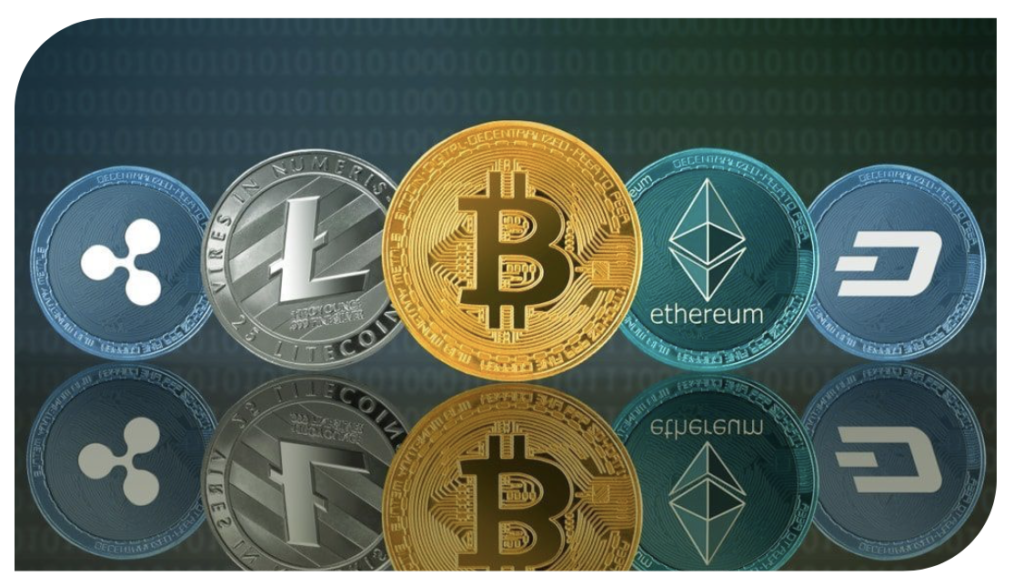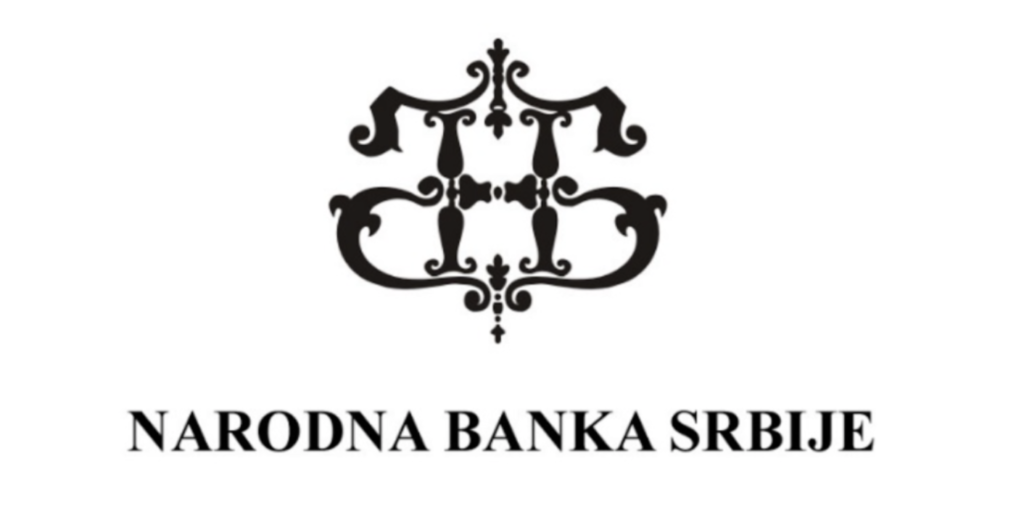1. Legal regulation

Digital assets have become a subject of global fascination. Enormous profits and the prospect of additional income at the stock exchange of cryptocurrencies have caught the eye of both citizens and companies who are slowly but steadily overcoming the fear of new technologies.
The unstoppable digitalization of the capital market imposed the need for appropriate regulation. The legislative body of the Republic of Serbia enacted a brand new Law on Digital Assets with the implementation start date on 29th June 2021 (hereinafter “Law”) to secure an optimal grade of legal certainty in the sphere of digital business.
2. Digital assets

The Law defines digital assets as a digital record of value that can be digitally stored and transferred. Basic modes of digital assets transfer include sale for money and exchange for things. All digital assets constitute the subject matter of regulation irrespective of the underlying technology. The legal definition, however, excludes digital records of currency which is recognized legal tender, as well as financial assets governed by another law.
The Law introduces two basic types of digital assets:
- Virtual currency as digital assets that individuals and legal entities accept as means of exchange, although it has not been issued and whose value is not warranted by the central bank or any other public authority;
- Digital tokens as digital assets that in digital form represent one or more property rights.
The value of a virtual currency may but need not be tied to legal tender. Nevertheless, the Law explicitly states that cryptocurrencies is not legal tender, which is why the trade of digital assets for other things, including other digital assets, must be legally qualified as an exchange agreement and not a purchase agreement.
3. Supervisory bodies

The Law constitutes two supervisory bodies:
- The national bank of Serbia (NBS) is competent for all issues relating to cryptocurrencies;
- The Securities Commission (SEC) is competent for all issues relating to digital tokens and digital assets, which have characteristics of financial instruments.
The Republic of Serbia, National Bank of Serbia, Securities Commission, and other public authorities do not warrant the value of cryptocurrencies and are not responsible for any eventual damage or losses related to the transactions of digital assets.
4. Issuance of digital assets

The Law introduces “white paper” as a document that can be published upon issuing digital assets. A white paper must contain accurate, complete, and precise data on the issuer and the content of digital assets and is supposed to make it easy for investors to assess related business risks. The issuer can but need not draft a white paper and submit it to a supervisory body for approval. The responsibility for the content of a white paper is borne by the issuer, its responsible officer, its independent auditor, and any other person who takes the responsibility.
Individuals and legal entities are free to issue digital assets in the following ways:
- With approved white paper;
- With unapproved white paper;
- Without white paper.
Publishing of the initial offer in the Republic of Serbia is permitted in the following cases:
- Approval of white paper;
- Permission by supervisory body act;
- The number of initial offerees is less than 20;
- The number of digital tokens does not exceed 20;
- The value of digital assets which buyers buy / investors invest in amounts to at least 50.000 EUR per buyer/investor;
- The value of digital assets issued by a single issuer during 12 months does not exceed 100.000 EUR.
5. Trade with digital assets

Individuals and legal entities may trade digital assets on a platform using the services of intermediaries or the OTC market without intermediaries. Digital assets service providers must obtain permission from the supervisory body by fulfilling a set of relatively strict conditions and may perform only business activities directly related to digital assets. Digital assets services include:
- Offer of digital assets (with or without commitment to purchase the digital assets);
- Trade of digital assets (sale or purchase for money or exchange for other digital assets);
- Acceptance/transfer of digital assets;
- Safekeeping and administration of digital assets;
- Portfolio management of digital assets;
- Execution of orders for sale and purchase of digital assets;
- Operating a register of pledges on digital assets;
- Operating a trading platform for digital assets.
Acceptance/transfer of digital assets is a service rendered to a merchant by accepting a certain value of digital assets from a consumer, which corresponds to the price of the goods sold or services rendered, then exchanged for a corresponding amount of legal tender, and transferred on the merchant´s account.
6. Development of capital market

Enactment of the Law represents a green light for digital investments in future business ventures in Serbia, where the capital market has been traditionally bank-centered. Dynamic and forward-looking regulation on digital assets created a reliable basis for the development of the capital market through digital technology and established a system for the prevention of abuses and criminal acts such as money laundering and terrorist financing.
By issuing security tokens, companies may attract global capital for innovative ideas through crowdfunding in a legally regulated way. On the other side, instead of going to banks and depositing their money at low or no interest, citizens gained an opportunity to invest with one click display in promising start-ups for a considerably greater profit. Considering that cryptocurrencies were initially coined to prevent central banks from intervening in the monetary system, we await all geared up with up-to-date insights to confront all legal challenges thrown before us by the rapidly growing digital capital market in Serbia and abroad.
Miloš Marković Ph.D., Attorney at law
The information contained herein has been provided only for the purpose of general information and cannot be considered as a legal opinion or legal advice. Accordingly, the Law Firm Petrovic Mojsic & Partners disclaims all responsibility and accept no liability in respect to actions taken or not taken based on any or all the contents contained herein.











